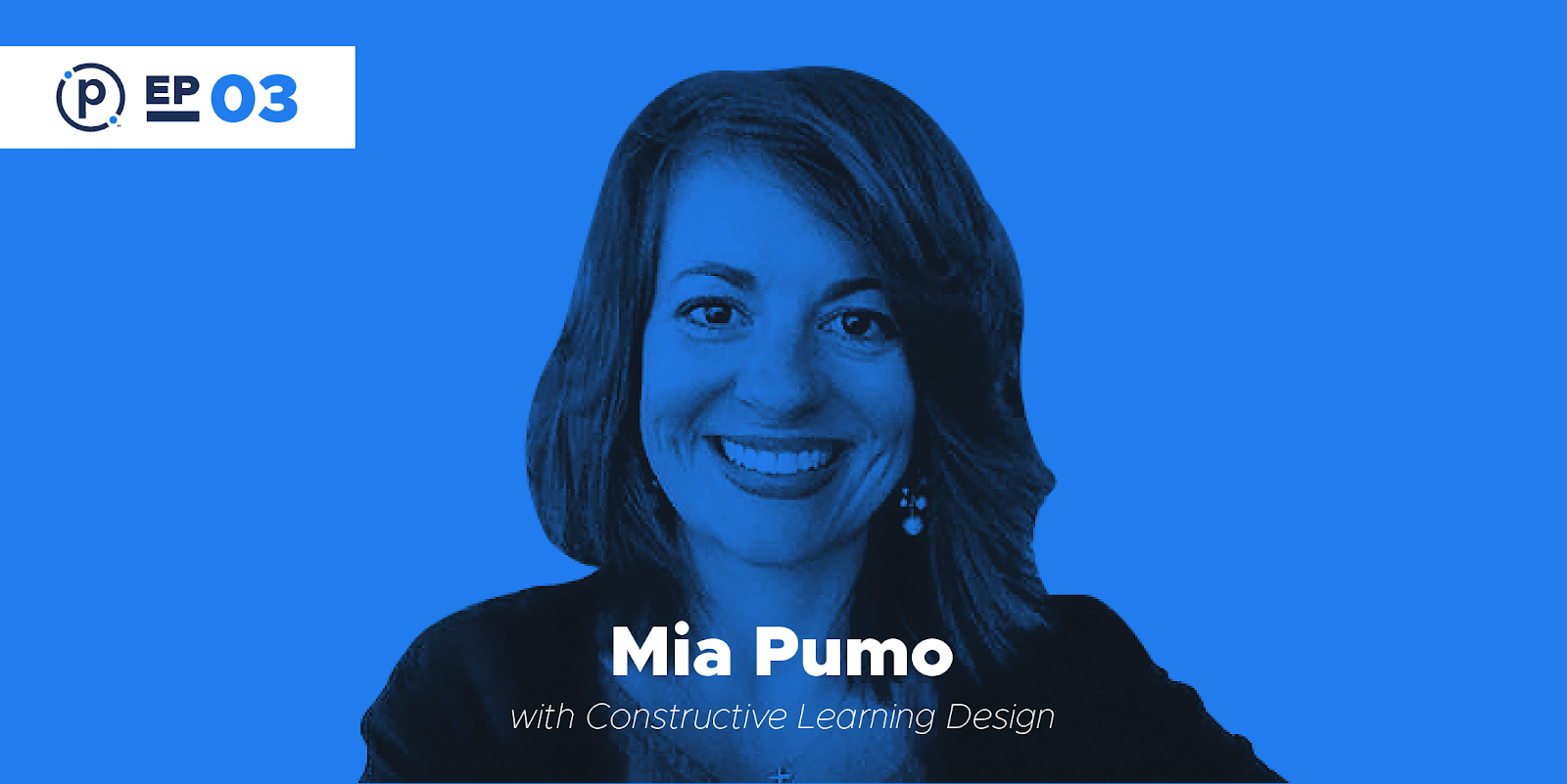Microcredentials With a Mission
In 1980, the Colorado Statewide Parent Coalition (CSPC) was established to help Latino families ensure their children can receive a high-quality public education. Programming that began as informal conversations about sharing resources, overcoming barriers to access, and navigating school systems as non-English speakers has continually evolved and adapted to serve its mission.
“Everything we do is about closing opportunity gaps in education,” said SCPC CEO Lorena Garcia. “To do that, we build power and movement in marginalized communities.”
To fulfill that mission, CSPC has developed a training and credentialing program for early childcare providers of Latino children, who make up about one-third of Colorado’s public school population. The program, known as PASO, or Providers Advancing Student Outcomes, was created in response to research showing that glaring opportunity gaps and inequities begin far earlier than when students enter the K-12 school system.
Overwhelmingly, this work is provided by informal childcare providers known as FFN providers — Friends, Families, and Neighbors. From grandmothers and aunties to next-door neighbors and best friends, FFN providers play critical roles in childhood development, yet they often receive no formal training or recognition for their work.
In partnership with Participate, PASO built an online community of practice (CoP) comprised of FFN providers to support and guide one another in service to their communities.
The Challenge: Adapting an Workforce Training Program for a Online Environment
In Colorado, PASO has become one of the most impactful, proven workforce training programs for early education providers. The intensive 120-hour comprehensive curriculum covers the knowledge, skills, and competencies aligned with the research-based principles of early education. Since its inception in 2006, more than 1,700 Spanish-speaking providers have successfully completed the program, which allows them to apply for a nationally-recognized Child Development Associate credential.
“Licensed child care centers send their teachers to PASO because they see that it is of such high quality,” Garcia said. “PASO has always been seen as a workforce development support system.”
When the pandemic forced child care centers to shutter in spring 2020, PASO quickly shifted its course from in-person training to online sessions, but a variety of challenges emerged immediately. Varying levels of tech access, skills and schedules provided significant blockers for accessing the courses.
CSPC knew it needed to identify a partner to help transition what was an intensive place-based, Spanish-language training program into a viable online community that would adequately meet the needs of its community.
"Before the pandemic, participants would come for two days a week, spend four hours in class, and then they were gone,” said Garcia. “When the pandemic hit, we needed to keep PASO going, but we wanted to reduce the Zoom fatigue — while still making sure that our providers were learning everything they needed to earn the PASO credential.”
Garcia saw an opportunity to bring together FFN providers across the state of Colorado in a more meaningful way.
Why Participate: Expert Design for Effective Upskilling
PASO’s program coordinators worked with Participate’s online learning experts to redesign the curriculum into modules that aligned with research-based principles of online learning and Communities of Practice.
The course redesign focused on promoting a self-paced learning schedule, creating a more welcoming learning environment, and integrating multiple modalities of content. The new digital course was organized into six micro-credential courses that each culminated in earning a digital badge.
The Participate team also created a custom learning experience tailored to Spanish language learners; Participate led the development of instructional pathways for synchronous and asynchronous learning and connection within the courses. Instead of disjointed sets of tools and long Zoom video sessions, course facilitators offer formative feedback and invite course-takers to actively engage with each other. After launching with one pilot cohort, demand quickly led to three more.
“It’s been such a wonderful tool for us,” said Garcia. “Because the first pilot was so successful, we decided to ditch the pilot and just roll out everything right away because it’s been such a good platform.”
The Next Chapter: Strengthening Connections and Community
“The most exciting thing about this is that it also allows us to maintain a connection with all the providers who go through the course,” said Garcia. “They're still connected through the PASO Community on Participate… they get announcements and can participate in discussions.”
Garcia says switching over to an online community of practice has, in effect, advanced CSPC’s mission of closing the opportunity gap — for students and providers alike.
“Having a space that's unique to the providers who have a shared learning experience… is really special.”
An added value for individual participants, Garcia said, has been the exposure to the kind of online learning experience they may engage in if they pursue a college degree.
“When it comes to technology… especially in marginalized communities, we need to encourage technological skills development. By being able to have a platform like Participate for folks who have never done anything like this, it might be hard at the beginning, but when they get over the hump, the benefit definitely outweighs the cost.”



